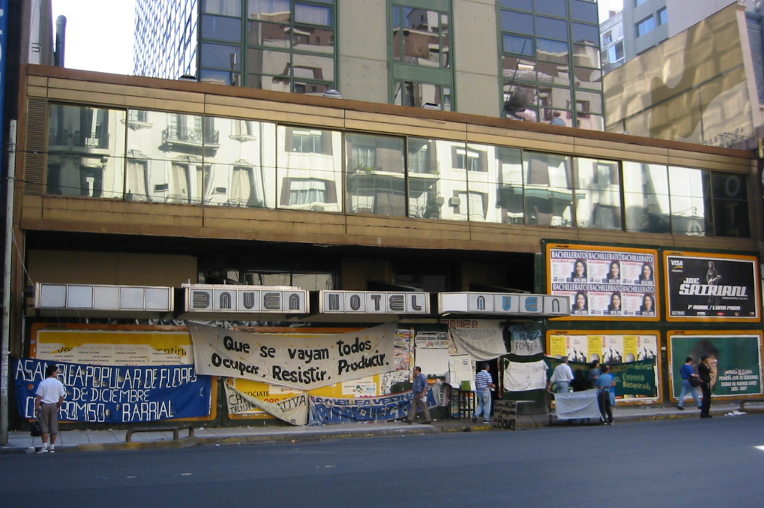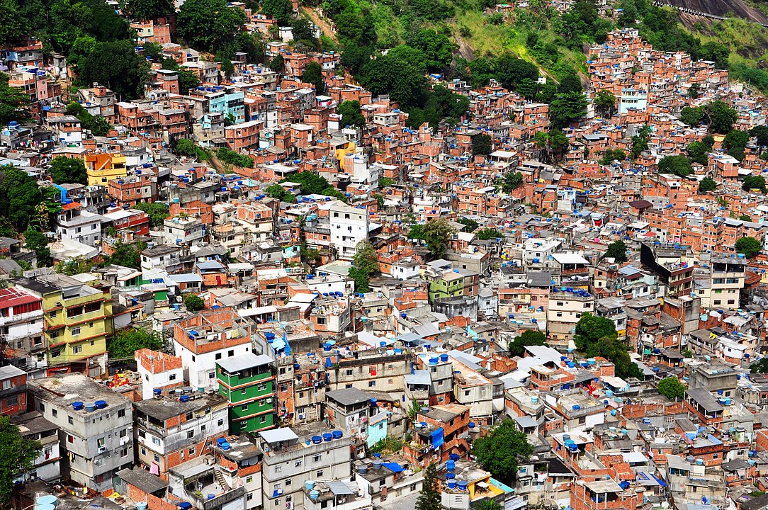Marina Sitrin is a movement participant and writer, as well as mother and professor at Binghamton University. She is the author of Horizontalism: Voices of Popular Power in Argentina, the co-author of They Can’t Represent Us! Reinventing Democracy from Greece to Occupy and the co-editor of Pandemic Solidarity: Mutual Aid in the COVID 19 Crisis.
Prefigurative Societies in Movement
Something new is happening – something new in content, depth, breadth and global consistency. Societies around the world are in movement.
December 21, 2022
Pandemic Solidarity: Care, Love and Mutual Aid
Through the tangible, day-to-day ways people survive, have survived and will continue to survive, we can glimpse at who we really are — open, vulnerable, caring, brave, dedicated, compassionate and socially responsible people acting with, and through our collective fear.
August 11, 2020
Fifteen years of community-controlled water in Bolivia
Important lessons can and should be learned in our struggles to defend the land and commons from what took place and continues to take place in Bolivia.
June 2, 2015
The struggle to defend La Famantina is forever: how social movements in Argentina are close to changing history
La Rioja, Cordoba and other movements in Argentina are showing, not only how to defend what they have, but also how to transform it together in order to create new ‘commons’ – new spaces that are held and used collectively.
May 5, 2014
Postcards from a horizontal world
The greatest problem we have is that we can’t imagine any alternative. And that is the challenge: to invent, create and think as if we were living just after the collapse, if there is a collapse of capitalism, and how we will organize.
January 13, 2014
Everyday Revolutions
On the night of the 19th (2001) while the news was on television and the middle class was at home watching, seeing people from the most humble sectors crying, women crying in front of supermarkets, begging for or taking food, and the State of Siege was declared, then and there began the sound of the cacerola (the banging of pots and pans.) In one window, and then another window, in one house and then another house, and soon, there was the noise of the cacerola … The first person began to bang a pot and saw her neighbor across the street banging a pot, and the one downstairs too, and soon there were four, five, fifteen, twenty, and people moved to their doorways and saw other people banging pots in their doorways and saw on television that this was happening in another neighborhood, and another neighborhood … and hundreds of people gathered banging pots until at a certain moment the people banging pots began to walk.
April 2, 2013




